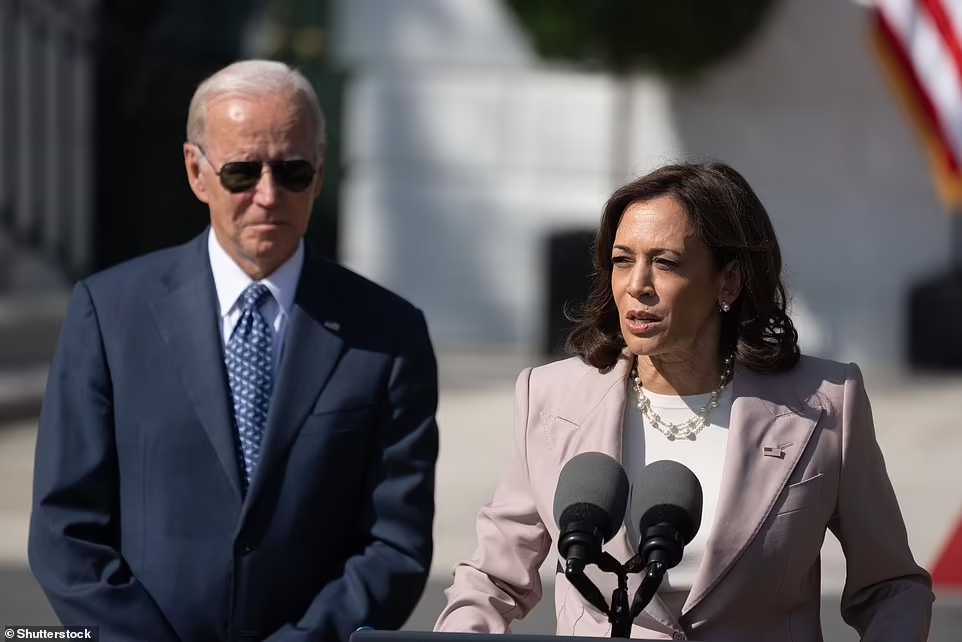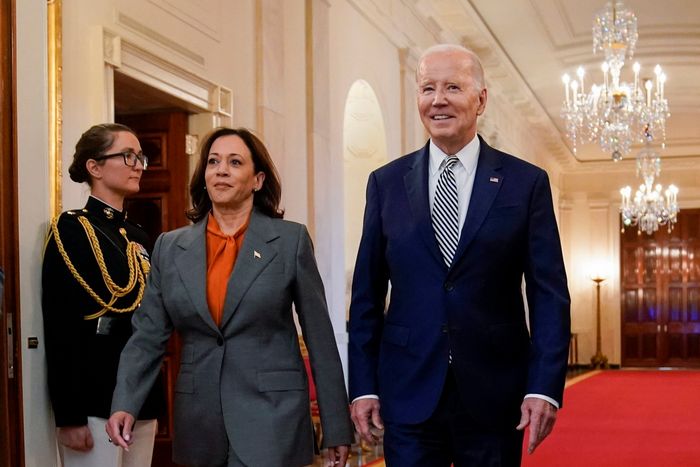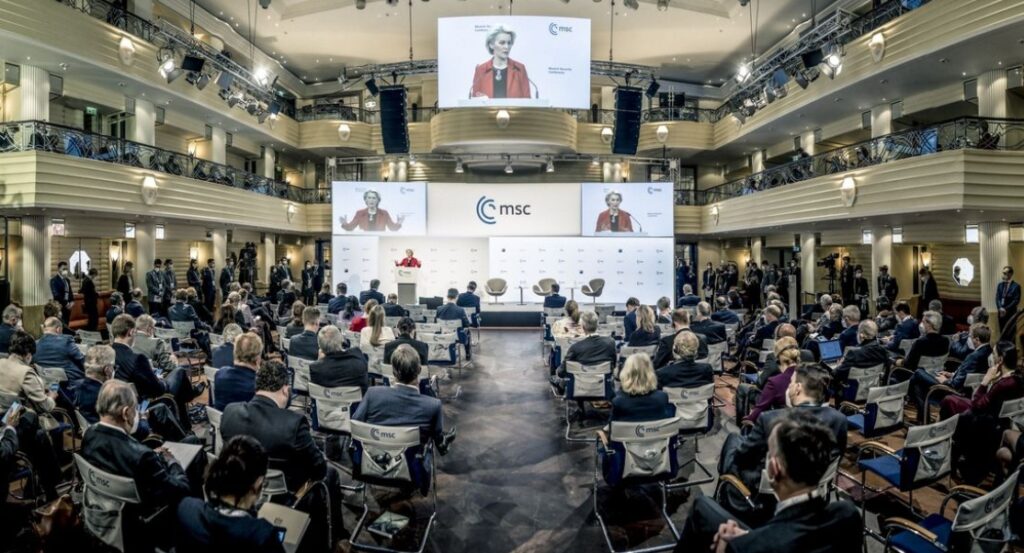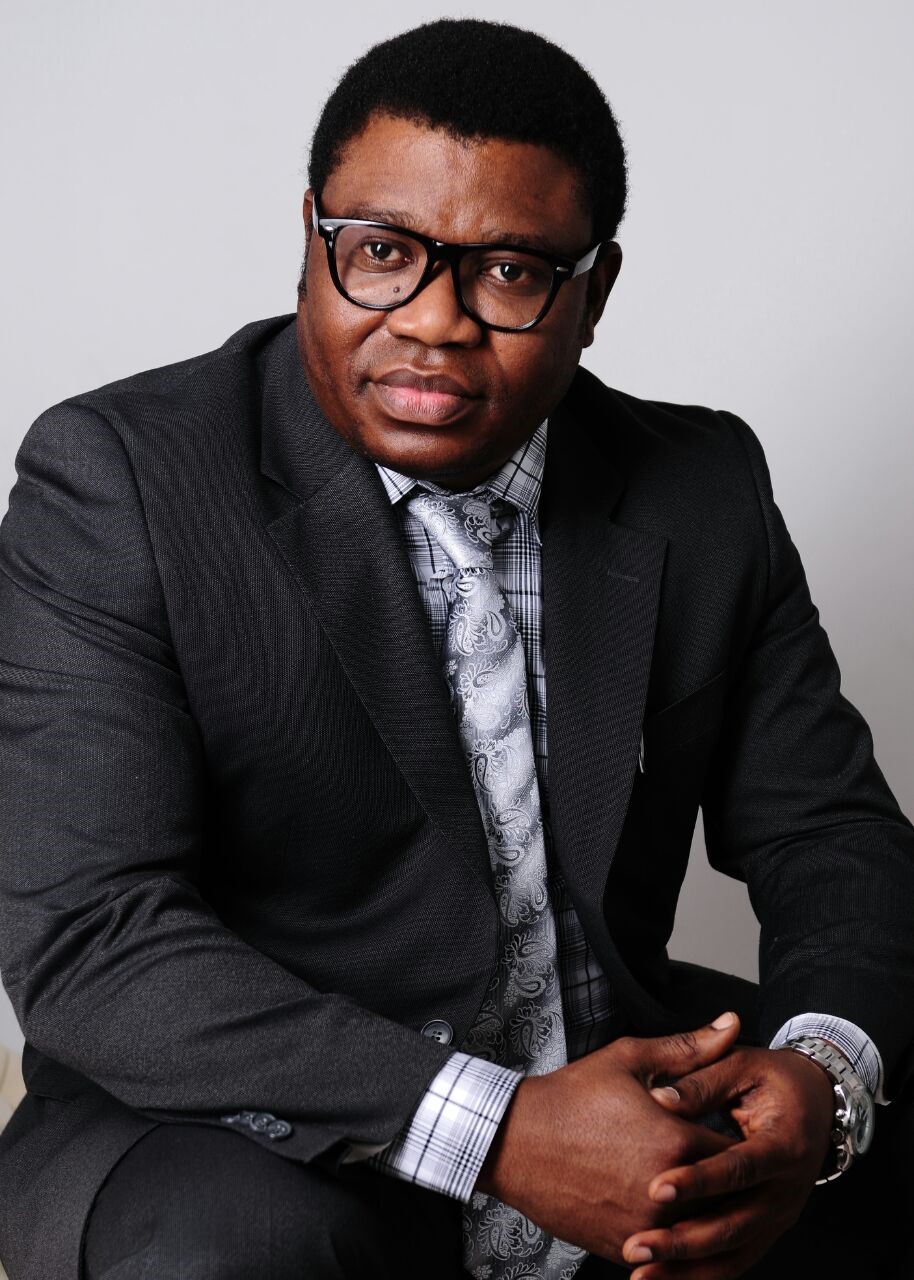Biden Stepdown and the Prospect of a Future Female America President

Biden announced that he was “full steam ahead” for the campaign but later changed his mind after a long discussion with his two closest aides. Steve Ricchetti and Mike Donilon, who had been by Biden’s side during key decisions about whether to seek the presidency in 2016 and 2020, presented new information that would hasten the end of Biden’s political career.
They brought up fresh concerns from lawmakers, provided updates on a fundraising operation, and presented the campaign’s own polls, indicating that his path to victory in November was no longer viable.
When Biden arose on Sunday, the only people in the residence were first lady Jill Biden and two other trusted aides: deputy chief of staff Annie Tomasini and assistant to first lady Anthony Bernal. At 1:45 p.m., he notified a somewhat larger group of close aides that he had decided the night before to end his quest for another term, reading his letter and thanking them for their service. A minute later, he posted the historic letter from his campaign account on social media site X.
The announcement shocked the political world, as his own party showered him with loving tributes, praising his record, career of public service, and selfless decision to put his country first. Biden was finally convinced of what many other Democrats had come to believe after his poor performance in the previous debate.
With this knowledge and awareness that more party elders, including more of his former Senate colleagues, would pile on the public pressure campaign, a sudden exit offered the president his best chance to make it appear that the decision came on his own terms.

Senior Biden aides were expecting former House Speaker Nancy Pelosi to go public this week and potentially disclose Democratic polling clarifying Biden’s dire political straits. Pelosi had worked behind the scenes to encourage collective action that might finally push the president to end his campaign. With Biden vowing to return to the campaign week after, some in the party believed that more direct and public opposition might be the only way left to convince him to step aside.
At least a half-dozen House and Senate Democrats, including senior lawmakers, had planned to call for the president to leave the campaign on Monday and Tuesday. A lawmaker who had personally spoken with dozens of lawmakers about their district-level polling and voter concerns back home said they had already been sharing that data with the Biden campaign team on a regular basis.
On Capitol Hill, Democratic leadership sensed Biden’s decision was coming. A lawmaker close to leadership said the president had “gone offline” in recent days as he spent time with his family, a signal that he was digesting several weeks of firm Democratic messages that he needed to step aside. We based this account of the president’s reversal on conversations with 22 people granted anonymity to discuss sensitive matters.
Ever since the debate, Biden and his closest aides had been determined to rebound, convinced that he remained his party’s best chance to defeat former President Donald Trump and optimistic that they could contain the fallout. An energetic rally in Raleigh, North Carolina, the day after the debate offered the president a chance to reframe his disastrous performance and address questions about his age and stamina.
A tweet stating he was not considering quitting reversed Biden’s exit plan. White House aides and campaign staff were shocked by the news. Joe Dunn, a White House official, reassured staffers that they were correct based on the information they had up until the president’s change. “A lot of crying” was the collective response, with people believing Biden is a wonderful president and sad to see him step aside. Biden’s initial announcement made no mention of endorsing Vice President Kamala Harris as his successor as the party’s nominee.
Democratic lawmakers rushed to signal their support for vice president Kamala Harris as the party’s presidential nominee, and speculation turned to a potential running mate. The political landscape relegated Biden to a supporting role.
The world is eagerly awaiting the outcome of the upcoming election to determine whether American voters will embrace a female president.










